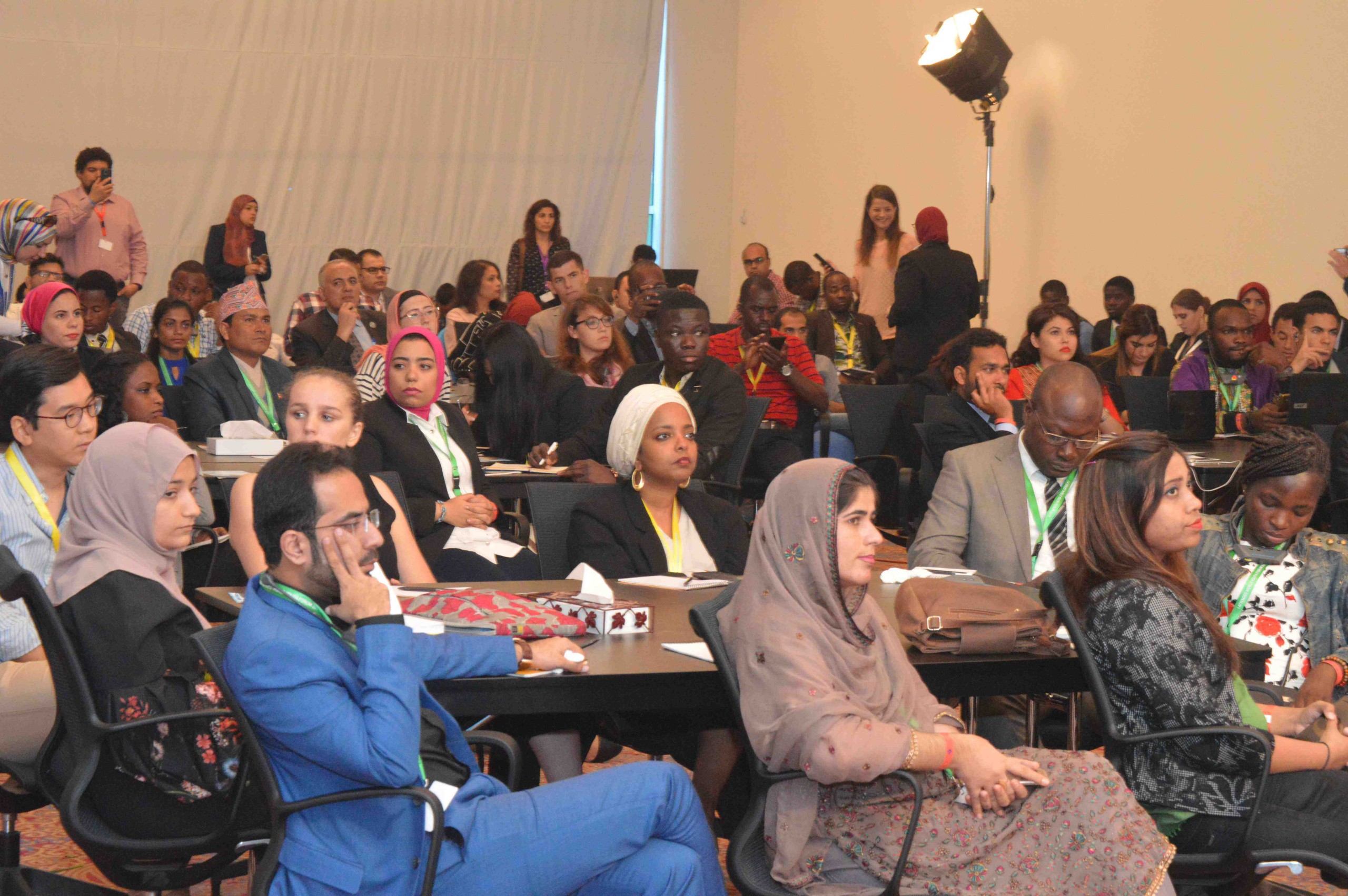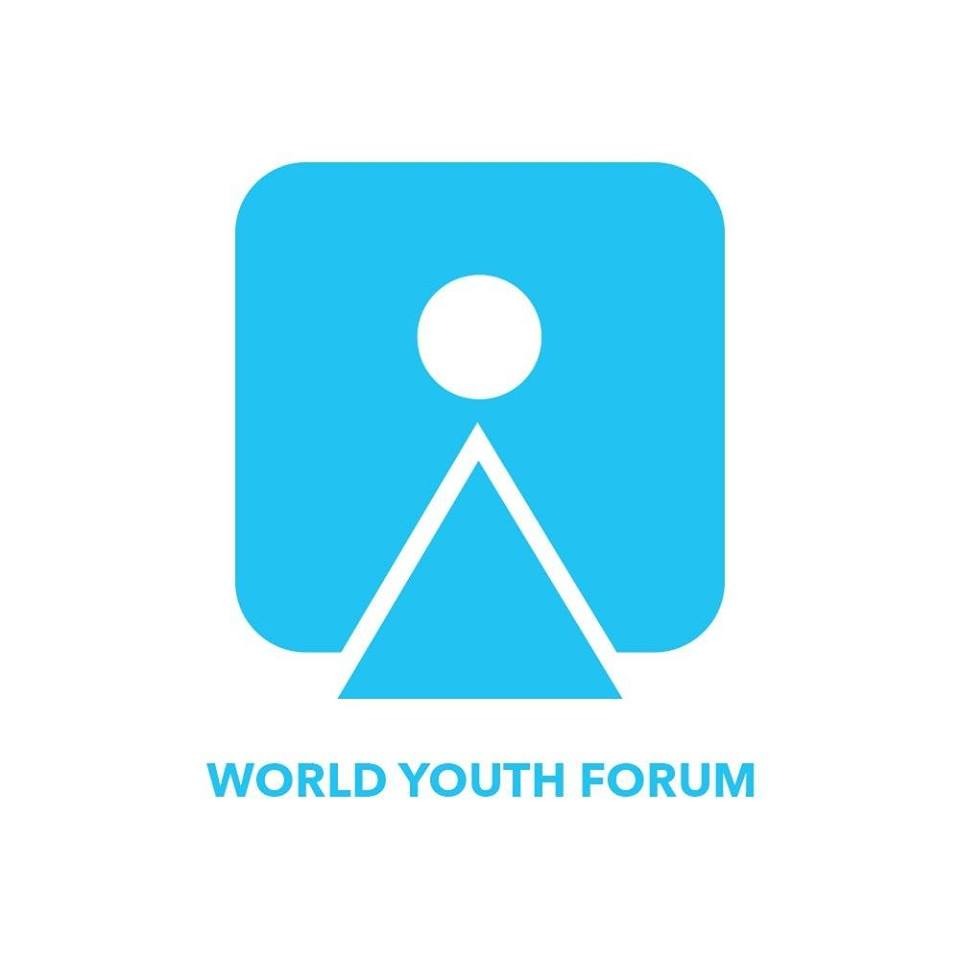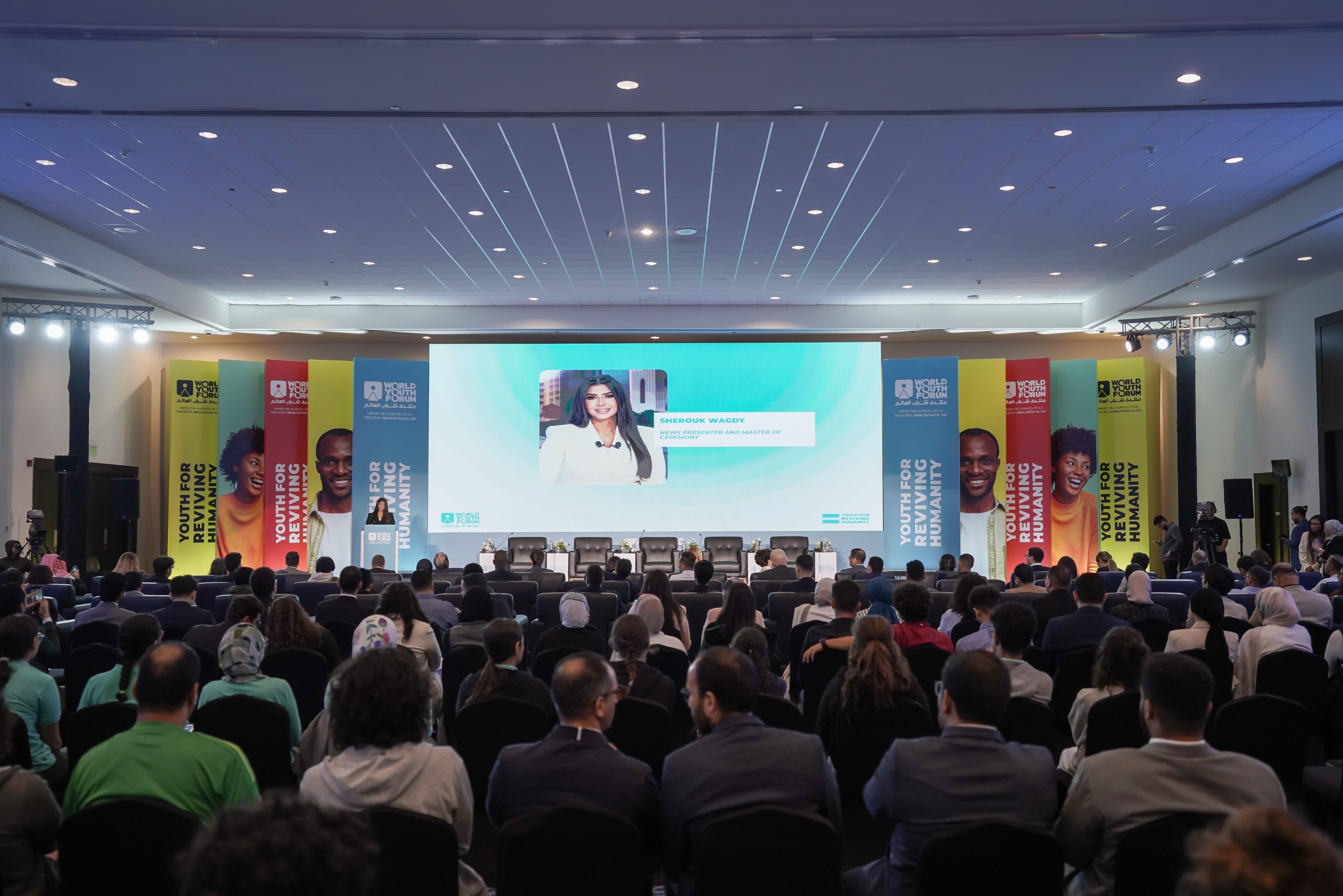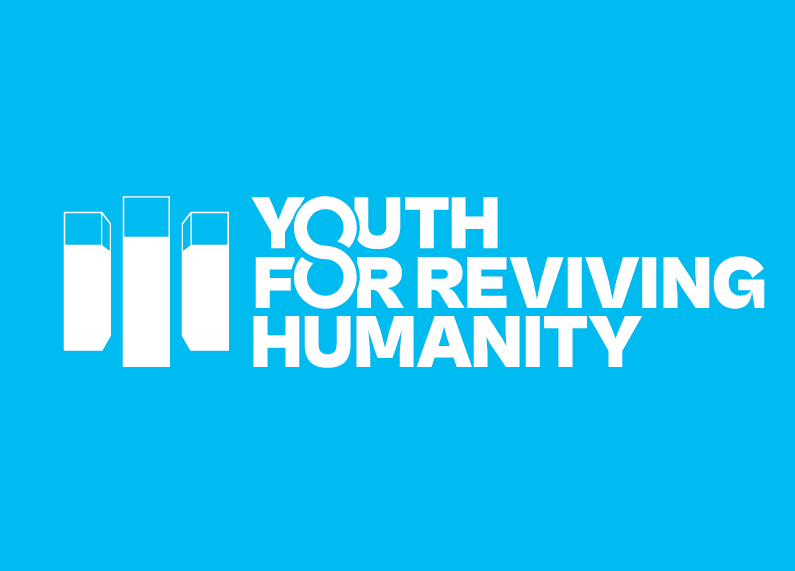Share

– The principles of Agenda 2063 focus on solidarity, a sense of unity, and a greater sense of the African spirit
– Counter-terrorism strategy in Africa aims to mobilize and improve the economic conditions of the continent’s citizens.
The first workshop of World Youth Forum 2018 was held on Thursday 1st of November, entitled ” Agenda 2063 … The Africa we want”, which aims at raise awareness of Agenda 2063 and stimulating youth participation, as well as sharing experiences; in order to come up with a set of solutions and innovations that will help in achieving the Agenda.
Dr. Khaled Hanafi, the researcher on African Affairs, at the beginning of the workshop stressed that development is the main objective of the workshop. He then held a discussion with the youth, who presented their visions and aspirations on the continent and stressed on their wish to have one African passport for crossing borders. One of them suggested that an electronic platform should be created to facilitate access to employment opportunities in the continent, also one of them raised the problem of counterfeit drugs in the African continent, which leads to an increase in the mortality rate.
Hanafi said that the essence of Agenda 2063 is UBUNTO – the humanitarian concept of the Zulu culture of South Africa – meaning “You are a human being. You are helping others.” He added that Agenda 2063 is not isolated from the past, since it benefited from previous experiences in African cooperation, starting with the creation of the African Union in 1963, which aimed at liberating the countries of the continent and its economic development, and the subsequent forms of cooperation such as COMESA and ECOWAS.
He then reviewed the principles of the agenda: solidarity, feeling of unity and maximizing the sense of the African spirit. He pointed out that the objectives of the agenda are: development, whether by facing poverty or increasing investment, in addition to African integration, security and the restoration of African values and identities. All goals in building Africa’s strength in the international community. At the end of his speech, Dr. Hanafi hoped that youth will have a great role in implementing their strategies, which depend on the good education, training and combating terrorism.
Ahmed Askar, the expert on African affairs in Al-Ahram, spoke about combating terrorism on the African continent through four themes: the reality of terrorism in Africa, the map of terrorist organizations in the continent and regional efforts in the face of terrorism and terrorism in Africa’s agenda.
He explained that terrorism is one of the biggest obstacles facing the continent, with the increase in the number of terrorist organizations in recent years, which has become a regional extension to neighboring countries, such as: terrorist movement “Boko Haram” in Nigeria, and the Somali youth movement, adding that national statistics showed that the African continent has 64 terrorist organizations, as well as it includes the most dangerous terrorist spots in the world; which threatens human security.
He added that the counter-terrorism strategy aims at mobilizing and improving the economic conditions of the continent’s citizens, social integration, increasing the capabilities of the armed forces, and motivating citizens to report terrorist movements. Participants attributed the causes of the spread of terrorism in Africa to: poverty, ignorance, external interference, high unemployment, political and religious conflicts, attempts to control various resources, speeches inciting hatred and violence, border control by governments.
At the end of the meeting, Askar stressed that Africa is rich with resources that make it stand among the developed countries, and that development in Africa is coorellated with security. There is no security without development or development without security. He stressed that the achievement of development is fundamentally linked to reducing threats of terrorist organizations. The various foci of conflict on the African continent.
STAY IN THE LOOP





